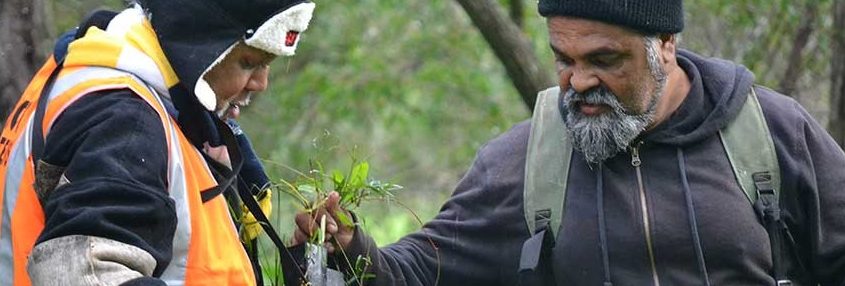Every day, a legion of 100,000 people are investing their own time and money to protect Australia’s greatest asset – our natural resources – and they’re standing by for support to continue.
As school holidays start to wind up around the nation, many families are returning from an outdoor adventure or from indulging in some great Australian food. Farmers and land managers, alongside 100,000 local people, look after our oceans, forests, grasslands, wetlands, farm land, rivers and soil.
Australia’s natural assets are valued at $5,836 billion and agriculture contributes a massive $155 billion every year to Australia’s economy – that’s 12 per cent of Gross Domestic Product (GDP), yet less than 1 per cent of our taxes are invested back into natural resource management and the environment.
“Natural Resource Management (NRM) and Landcare people look after these natural assets – the backbone of Australia’s agricultural production and healthy ecosystems,” says Angus Hume, Chair of NRM Regions Australia – the collective of 56 regional NRM organisations that cover the entire continent.
NRM organisations support people to do on-ground works like soil management, nature conservation, tree planting, water quality improvement, natural disaster recovery and much much more. And they do it in a way that makes sure tax payer dollars are not wasted and that bigger picture national priorities like climate change, threatened species conservation and wetland protection are addressed.
“Regional NRM organisations are the guys that connect the government, land managers and researchers and make things happen on the ground,” adds Angus. “We bring everyone together and in doing so we reduce bureaucratic costs by allowing people on the ground to focus on their work while we help to get funding for them and realise Government’s obligations.”
NRM organisations are unique to Australia and have delivered huge successes in natural resource management creating regional jobs, increasing farmer profitability, securing natural capital, supporting community resilience, contributing to liveable cities through innovation and collaboration.
For example, the NRM spatial hub is helping more than 700 land managers optimise their grazing land management across rangeland areas; in the Northern Territory Indigenous owners are successfully developing national and international markets for the Kakadu Plum as a new super food; and in Sydney, golf courses are helping protect and restore waterways and local biodiversity in urban areas.
“We have thousands of local solutions across the whole country, across rural, regional and outback areas, all made possible by the diverse NRM network,” says Parry Agius, Chair of Alinytjara Wilurara NRM Board in South Australia. “We want to sustain this momentum so that farmers, land managers and Aboriginal land holding authorities can adopt new NRM methods and ideas to support and contribute to Australia’s sustainable development into the future.”
With funding for the National Landcare Programme running out in June 2018 and no re-investment commitment as yet announced, NRM leaders are calling for the work that has seen so many people nationwide mobilised to restore and protect our country get ongoing support.
“For every dollar invested in natural resource management by the Government, farmers invest at least $2.60 and other partners contribute additional funds,” adds Hume. “NRM is great value for money and it gets results, at the farm gate and in farming communities across Australia.
“To ensure ongoing support for NRM we need a long-term investment commitment this year.”
The Federal Government has invested in NRM for more than 30 years through different programs resulting in a wealth of expertise and experience, and an unprecedented groundswell of community action. This now forms a unique platform to deliver innovation and technology.
The Federal Government will decide the future of natural resource management in Australia in its forward estimates prior to next month’s budget.
Media enquiries
Sophie Clayton
Currie Communications
03 9670 6599
0478 029 040
[email protected]

